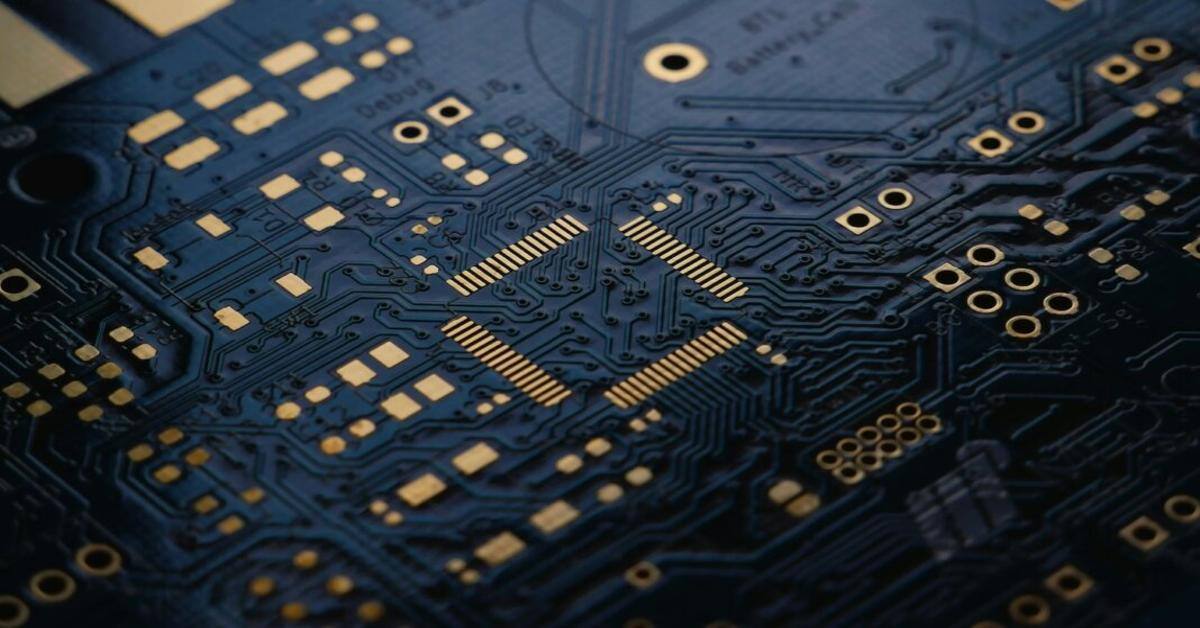In a world saturated with negativity, it’s easy to lose sight of the incredible advancements shaping our future. This article offers a dose of ‘data-driven optimism,’ focusing on a powerful convergence: the rise of AI-powered universities and their potential to revolutionize cancer research and treatment. We’ll explore how this synergy can accelerate breakthroughs, ultimately leading to the eradication of some of the deadliest cancers plaguing humanity. Forget the doom and gloom; let’s delve into a future brimming with possibilities fueled by technological innovation and collaborative learning.
The Exponential Growth of Data in Oncology
The sheer volume of data generated in oncology research – genomic sequencing, clinical trial results, patient records – is exploding exponentially. This data deluge presents both a challenge and an unprecedented opportunity. Traditional methods struggle to process and analyze this information effectively, hindering progress in cancer research. AI, with its ability to sift through massive datasets and identify complex patterns, is perfectly positioned to address this challenge.
AI’s Role in Accelerating Cancer Research
AI algorithms can analyze patient data to identify previously unknown risk factors, predict treatment responses, and even personalize therapies based on an individual’s unique genetic makeup. Machine learning models can sift through vast libraries of chemical compounds to identify potential drug candidates, significantly accelerating the drug discovery process. This targeted approach promises to lead to more effective and less toxic treatments.
The Emergence of AI-Powered Universities
Universities are increasingly integrating AI into their curricula and research programs. These AI-powered universities are creating new educational pathways, fostering interdisciplinary collaboration, and providing students with the skills necessary to navigate this data-rich landscape. By leveraging AI tools, researchers and students can accelerate their work and make significant contributions to the fight against cancer.
Data Sharing and Collaboration: A Global Effort
The fight against cancer is not a solo endeavor. The true power of AI in oncology lies in its ability to facilitate global collaboration. By establishing secure platforms for data sharing and collaboration, AI-powered universities can break down geographical barriers and accelerate the pace of discovery. This interconnected approach will be crucial in developing treatments that are accessible to people worldwide, regardless of their location or socioeconomic status.
Conclusion: A Brighter Future Through Innovation
The convergence of AI-powered universities and the exponential growth of data in oncology presents a compelling narrative of hope. By embracing data-driven approaches, fostering collaboration, and investing in innovative technologies, we are significantly closer to achieving breakthroughs in cancer treatment. While challenges remain, the potential of AI to transform cancer research is undeniable. Let us focus on this inspiring potential, celebrate the progress being made, and embrace a future where deadly cancers are a relic of the past. The optimism fueled by AI is not mere speculation; it is a tangible force propelling us toward a healthier and brighter future.

